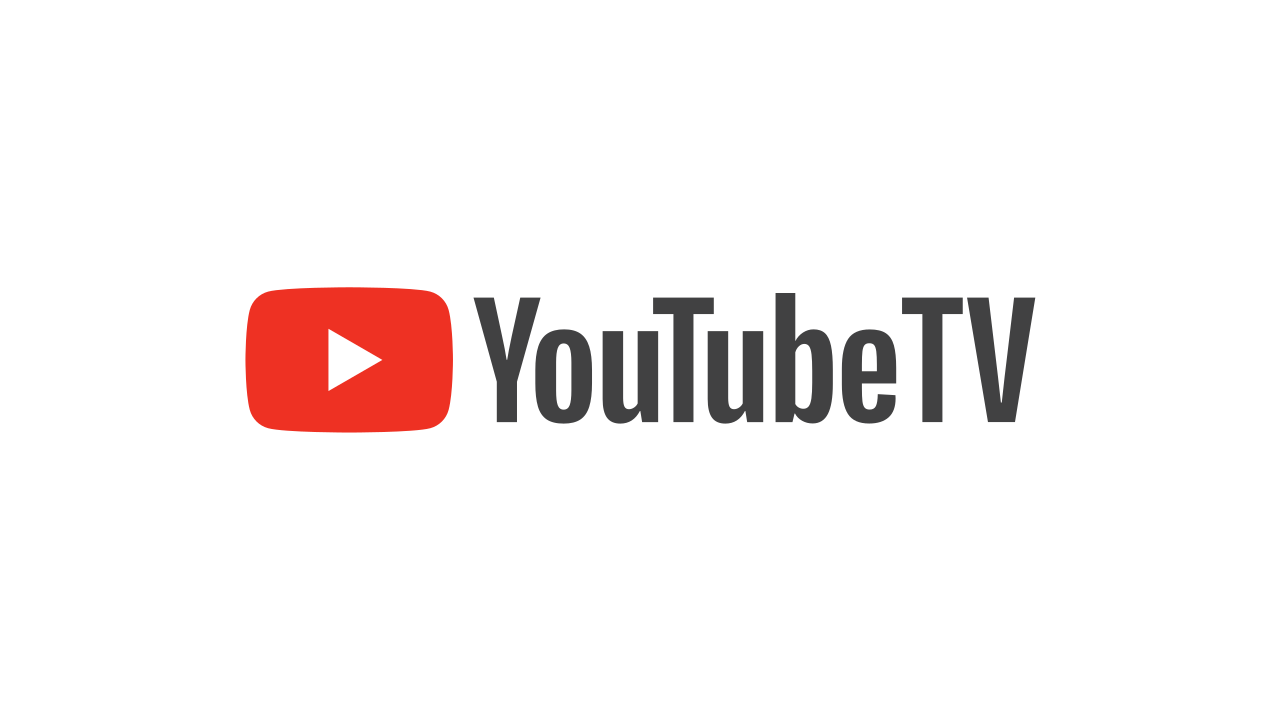
SAN FRANCISCO—YouTube TV subscribers in several states have filed a class action lawsuit against The Walt Disney Co., claiming that the media giant uses its ownership of Hulu and ESPN to jack up subscription prices.
The suit (Biddle v. The Walt Disney Co, U.S. District Court for the Northern District of California, No. 22-cv-0731) was filed in San Francisco on Friday and represents subscribers from California, Arizona, Indiana and Kentucky. It alleges that language in Disney’s carriage agreements with SLPTVs (streaming live pay television) stipulates that their lowest price bundles must include ESPN and that Disney’s “Most Favored Nation” clauses put upward price pressures on every rival SLPTV service, something that has contributed to nearly doubling the subscription price to YouTube TV from $35 to $65 since 2019.
“Together, these carriage agreement mandates—which now cover all of Disney’s leading competitors in the SLPTV Market—allow Disney to use ESPN and Hulu to set a price floor in the SLPTV Market and to inflate prices marketwide by raising the prices of its own products,” the plaintiffs claim in their lawsuit. “Since Disney acquired operational control over Hulu in May 2019, prices across the SLPTV Market, including for YouTube TV, have doubled.”
“This dramatic, marketwide price inflation has been led by Disney’s own price hikes for Hulu + Live TV, and has directly tracked Disney’s competitor-by-competitor negotiation of new SLPTV carriage agreements over this time period."
The lawsuit states that subscribers "paid prices for their YouTube TV subscriptions that were higher than they would have been absent Disney's anticompetitive conduct," adding that approximately 5 million YouTube TV subscribers are paying “anticompetitive inflated” subscriptions.
The plaintiffs noted that when YouTube TV owner Alphabet carriage negotiated new carriage agreements in late 2021, YouTube TV publicly stated that absent its agreement with Disney, it would provide an ESPN-less base plan at $15 less than it otherwise charged for its baseline product. No such lower tier based plan without ESPN is available currently however.
Although no monetary damages have been specified, the plaintiffs lawyers are asking the court to issue an injunction allowing them to decline "base bundles with ESPN and related Disney-controlled channels."
The professional video industry's #1 source for news, trends and product and tech information. Sign up below.
With the rise in popularity of SLPTVs (also known as "virtual multichannel video program distributors or vMVPDs) in recent years, services such as YouTube TV, Hulu+ with Live TV and Sling TV have gone out of their way to mimic the traditional cable TV bundles right down to the EPGs. But such familiarity can breed contempt when it comes to negotiations between traditional TV networks and streaming services that are more used to doing things the way they do in Silicon Valley.
As the similarities between traditional pay TV bundles and vMVPDs become more apparent, so do the battles for carriage and the resulting price increases. With broadcasters pressuring the FCC to treat vMVPDs more like traditional pay-TV services, lawsuits such as these could help shape the future of retransmission negotiations.
Tom has covered the broadcast technology market for the past 25 years, including three years handling member communications for the National Association of Broadcasters followed by a year as editor of Video Technology News and DTV Business executive newsletters for Phillips Publishing. In 1999 he launched digitalbroadcasting.com for internet B2B portal Verticalnet. He is also a charter member of the CTA's Academy of Digital TV Pioneers. Since 2001, he has been editor-in-chief of TV Tech (www.tvtech.com), the leading source of news and information on broadcast and related media technology and is a frequent contributor and moderator to the brand’s Tech Leadership events.

